BMW is dramatically ramping up its electric car offerings, with new i5 and i7 saloons set to headline an expanded line-up of nine models that will underpin an ambitious 10-year growth plan.
The German manufacturer will launch the new cars as part of its new ‘Power of Choice’ sustainability plan, under which it has committed to selling more than seven million plug-in hybrid and pure-electric vehicles by the end of 2030.
The new plan, which will also include two electric cars from the Mini brand, is the first major initiative to be overseen by Oliver Zipse since he was promoted to the top of the Munich company last summer.
It is designed to make BMW a leader in electric vehicles sales against rival premium brands such as Audi, Jaguar, Lexus, Mercedes-Benz and Tesla and to help it meet increasingly tough targets to cut the CO2 output of its new models.
To date, the BMW Group has sold more than 500,000 electrified models across the BMW and Mini brands, but it expects that figure to have doubled by the end of 2021 as new electric and plug-in hybrid models are launched.
It’s also ramping up the output of electric vehicles produced by its joint ventures, such as Spotlight Automotive, an operation that was recently established by Mini and Great Wall Motors in China.
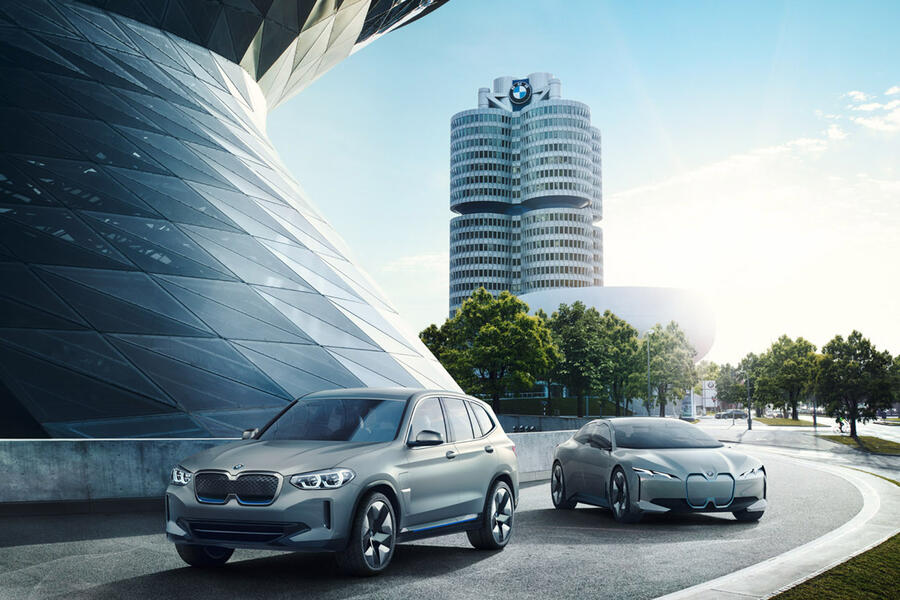
BMW expects to sell 4.6 million fully electric vehicles within the next 10 years – an average of 460,000 per year and a huge increase from the 42,249 sold last year (all of them an i3). It also expects to sell 2.4 million plug-in hybrids. To this end, it recently launched the six-cylinder petrol-electric 545e xDrive, which is aimed at the fleet market and is the fifth electrified 5 Series model.
Having already committed to offering plug-in hybrid variants of every existing model in its line-up, BMW’s new plan calls for a considerable increase in pure-electric model range, which is initially set to include at least nine new models. These include the recently unveiled iX3 and will continue with next year’s i4 five-door coupé and a production version of the iNext SUV (likely to be called the iX5).

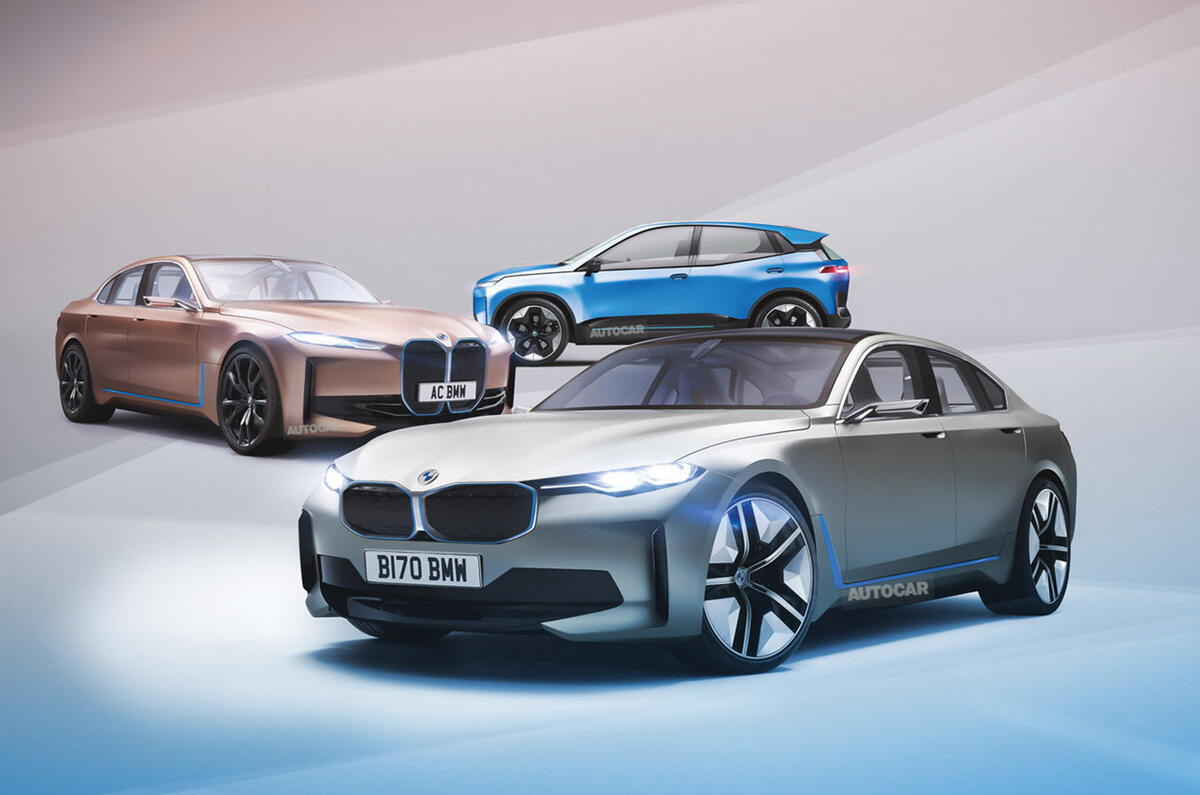
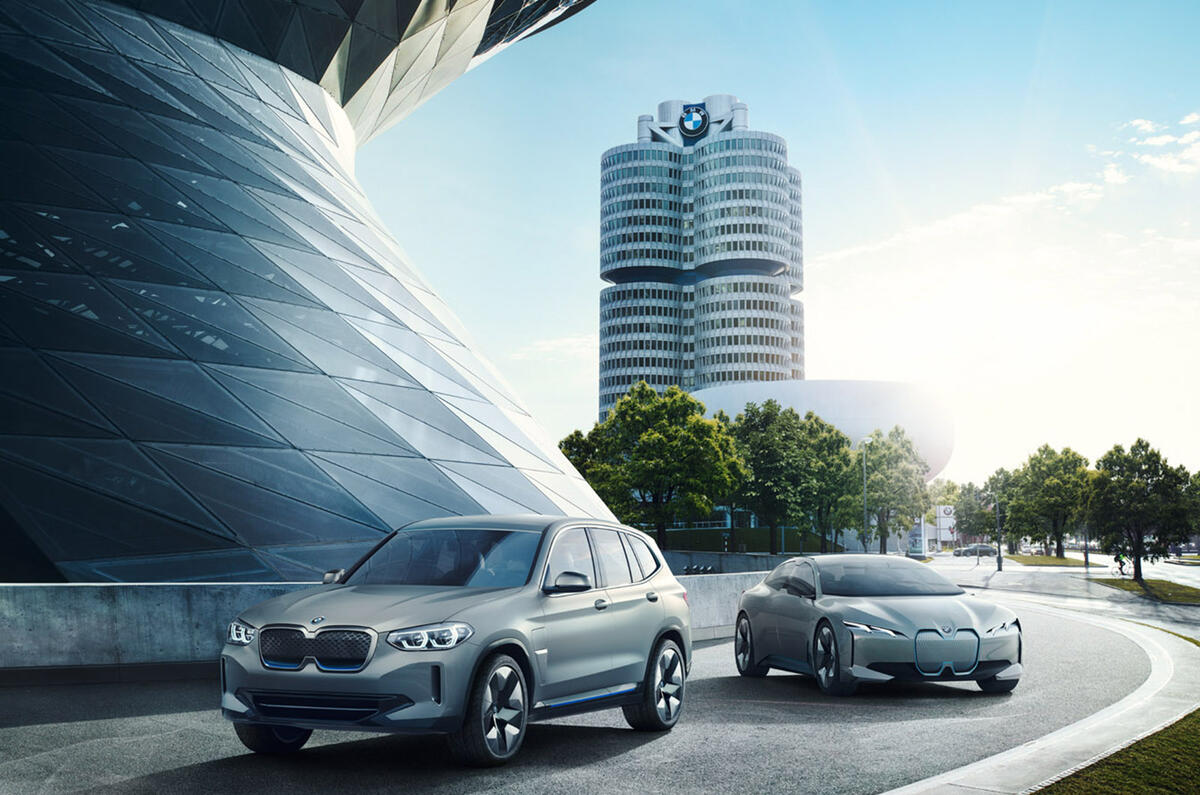










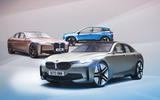













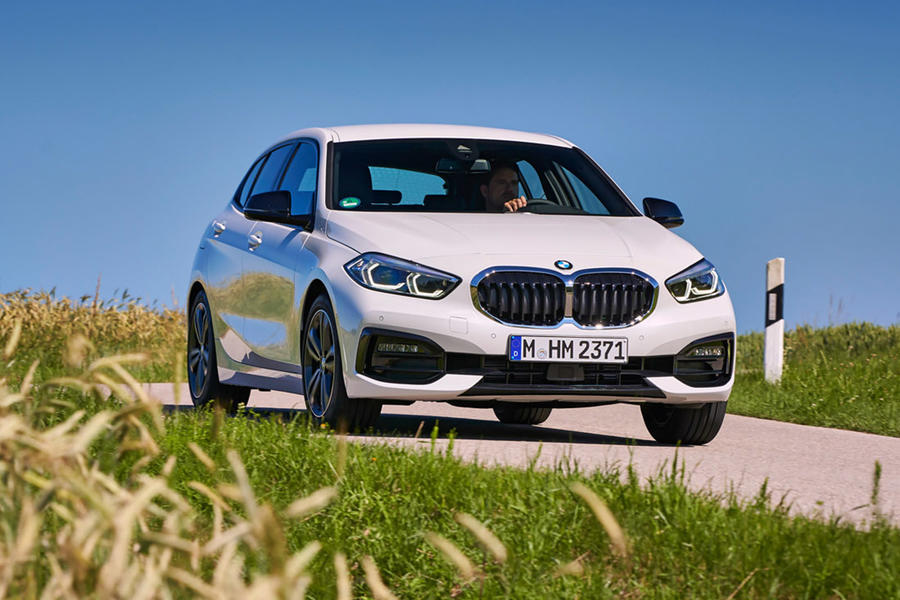

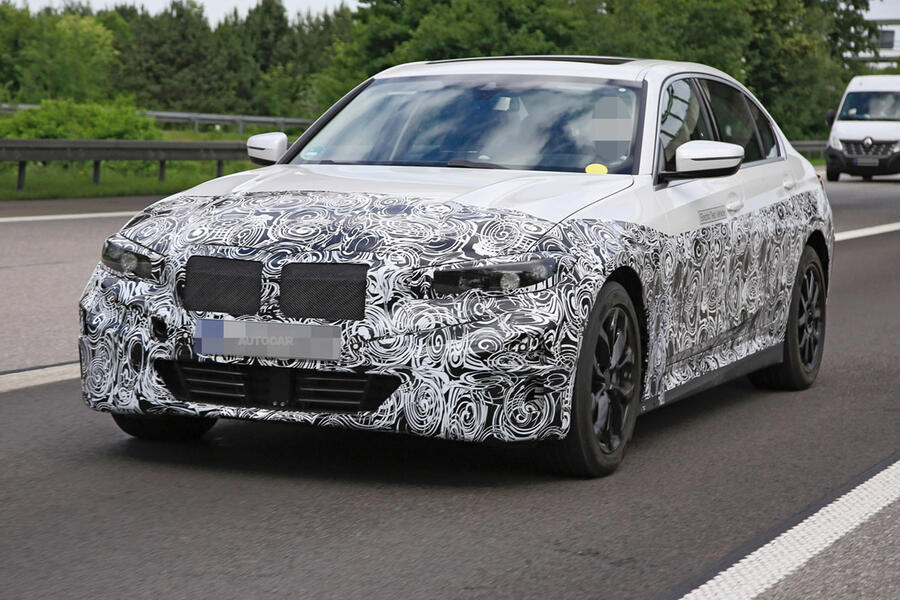
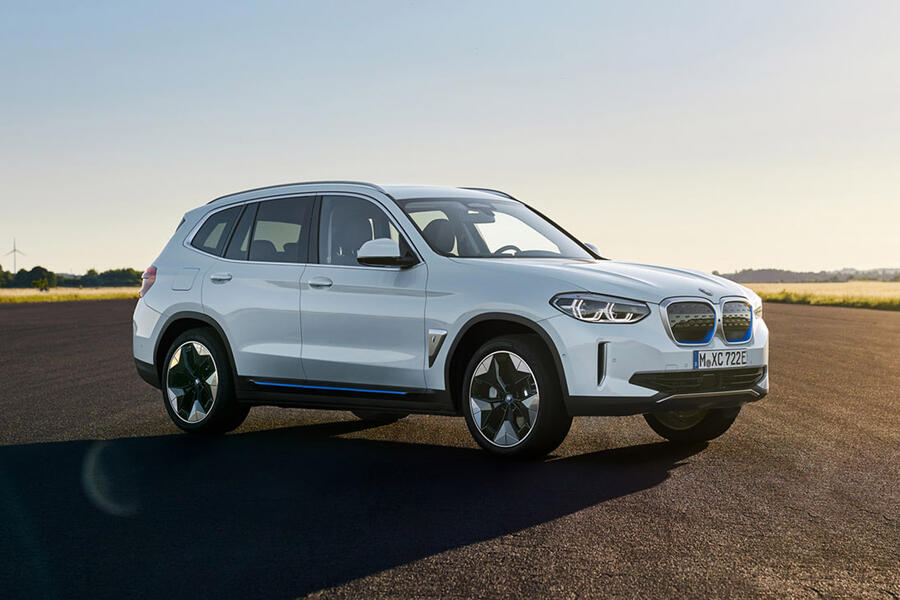
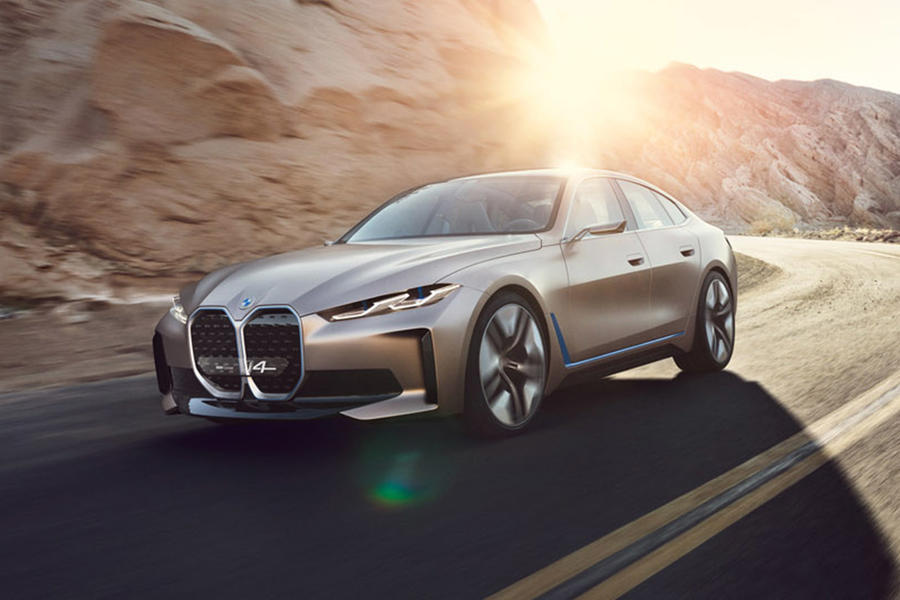






Join the debate
Add your comment
I share your disappointment
I'm on my fifth Beemer since 1986 ( I keep them a long time) and the current offerings leave me cold. I would like an electric Beemer, but only pure electric- why drag two separate power sources around?
Also, BMW will have to loose the oversized grille.
i
Looks like BMW have just listed a lot of existing ICE cars and put an i in front of the name, if only it was that simple. Compromised car design is never as good purpose build.
i-Cars
BMW showed with the i3 and i8 how clever (and with the i8 how exciting) they can be. My gut feeling however is that the i4 will be expensive and poor performer compared to the current leaders. BMW used to be my favorite manufacturer but my disappointment now is palpable. So fingers crossed, but I don't hold out much hope they can do it.